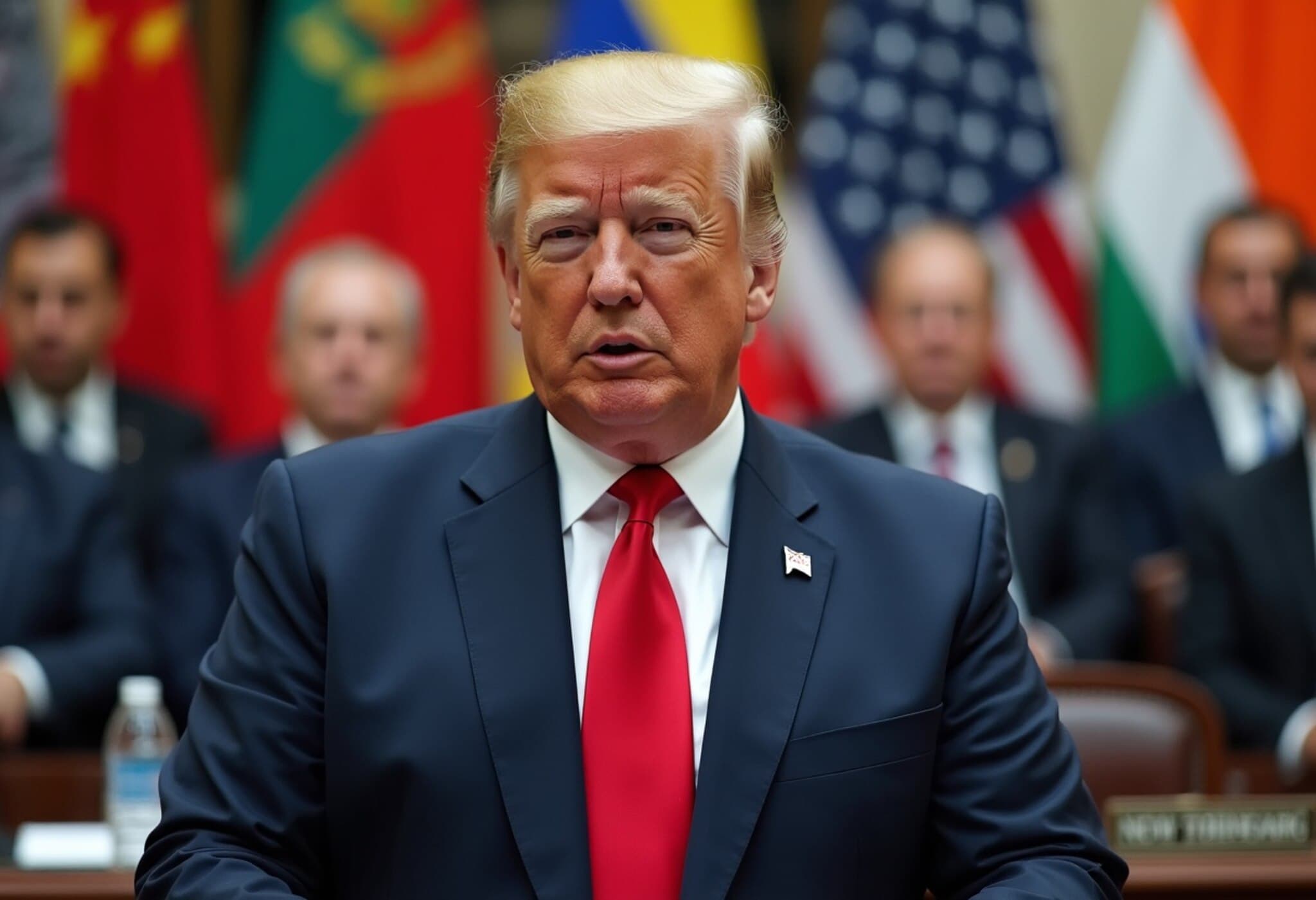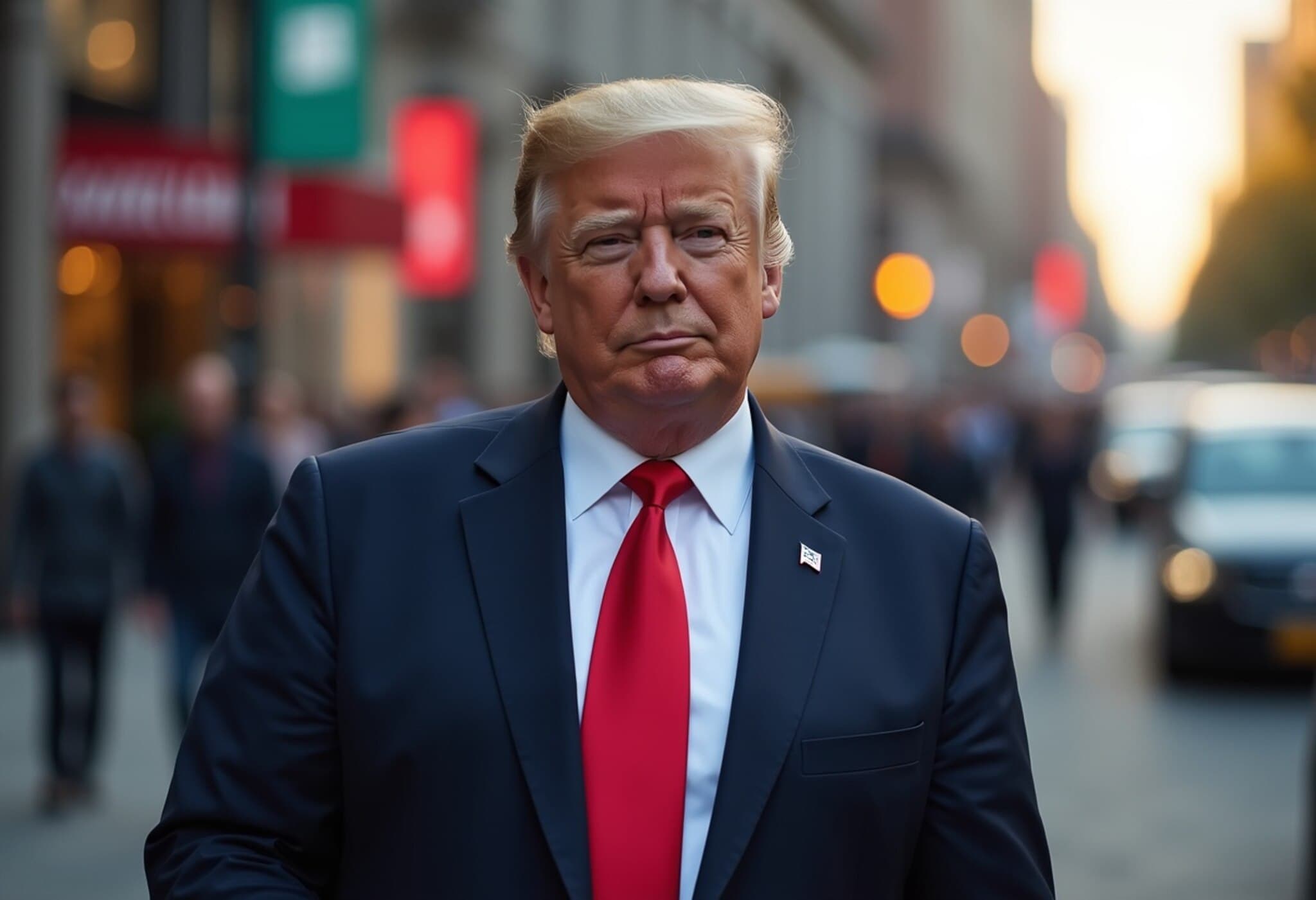India Faces Potential $14 Billion Rise in Import Costs After Ceasing Russian Oil Purchases
As global geopolitical tensions reshape energy markets, India’s decision or pressure to stop importing Russian crude oil could significantly impact its economy. Industry experts estimate that such a move would increase India’s import bill by up to $14 billion, underscoring the delicate balance between economic interests and international diplomacy.
The Economic Stakes Behind Russian Oil Imports
Since the onset of Russia’s invasion of Ukraine in early 2022, India has capitalized on purchasing Russian crude at a discounted rate. This strategic procurement has saved the country approximately $17.2 billion over three years, according to analyses by ICRA, a leading credit rating agency. These savings have played a critical role in cushioning India’s oil import expenses amid volatile global prices.

Fuga Bluemarine crude oil tanker anchored near Kozmino port in Russia, a key hub for crude shipments.
Rising Costs and Wider Ripple Effects
Prashant Vasisht, Senior VP and Co-Group Head at ICRA, warns that stopping Russian oil imports will not only raise India’s crude oil procurement costs by about $10 per barrel, but will also increase prices for gas, LNG, and derivative petroleum products. He notes that domestic consumers, such as fertilizer manufacturers and city gas distributors, would face steeper prices as gas imports like those under the RasGas contract become more expensive—potentially adding an extra ₹3,900 crore annually to costs.
Global Market Dynamics and India’s Strategic Role
India, alongside China, has subtly stabilized international oil prices by absorbing an oversupply of Russian crude, preventing sharper price escalations. If India halts these imports, the global market will experience intensified competition for limited non-Russian oil supplies, pushing prices higher worldwide.
Implications for Western Nations
This shift will also strain Western economies—who have already faced rising energy costs—since they will have to compete for scarce oil supplies amid reduced Russian volumes in the market. Additionally, Indian refiners had been processing discounted Russian crude to produce finished petroleum products that were then exported at cheaper rates to Western markets. The cessation of this pipeline will likely increase the cost burden on these nations as cheaper alternatives vanish.
Expert Insight: Navigating Energy Security Amid Geopolitical Pressures
Energy analysts highlight that India’s predicament exemplifies the complex interplay between geopolitical alignment and economic pragmatism. Though Western sanctions aim to limit Russia’s war funding, countries like India face tough choices balancing affordable energy needs with diplomatic expectations. The potential $14 billion rise is not merely a figure but a reflection of these difficult trade-offs.
Could this shift accelerate India’s investment in renewable energy sources? Many strategists argue that such geopolitical shocks may push India to hasten diversification of its energy portfolio to reduce future vulnerabilities. Moreover, assured energy security will remain paramount amid a rapidly evolving global order.
Summary
- Ceasing Russian oil imports could increase India’s import bill by up to $14 billion.
- Discounted Russian crude helped India save an estimated $17.2 billion between 2022 and 2025.
- Global oil prices may rise by roughly $10 per barrel due to increased demand for non-Russian oil.
- Rising costs will affect gas consumers domestically and increase energy prices in Western countries as well.
- This development underscores India’s pivotal role in global energy dynamics amidst geopolitical challenges.
Editor’s Note: A Complex Equation of Economics and Diplomacy
India’s reliance on discounted Russian crude over recent years highlights how global energy politics intricately intertwine with national economic interests. As pressure mounts for India to reduce dependence on Russian energy amid Western sanctions, the country faces a crucial crossroads. Can India continue to shield its economy from volatile prices without igniting geopolitical friction? Furthermore, will this juncture accelerate India’s transition toward renewable energy and enhanced energy security frameworks? These questions underscore the evolving nature of global energy markets — where economics, diplomacy, and strategic foresight converge more than ever.














